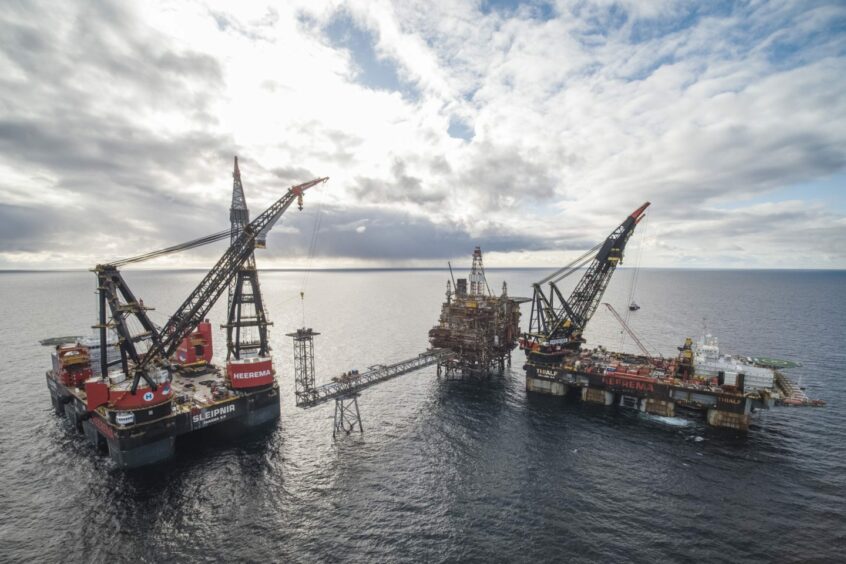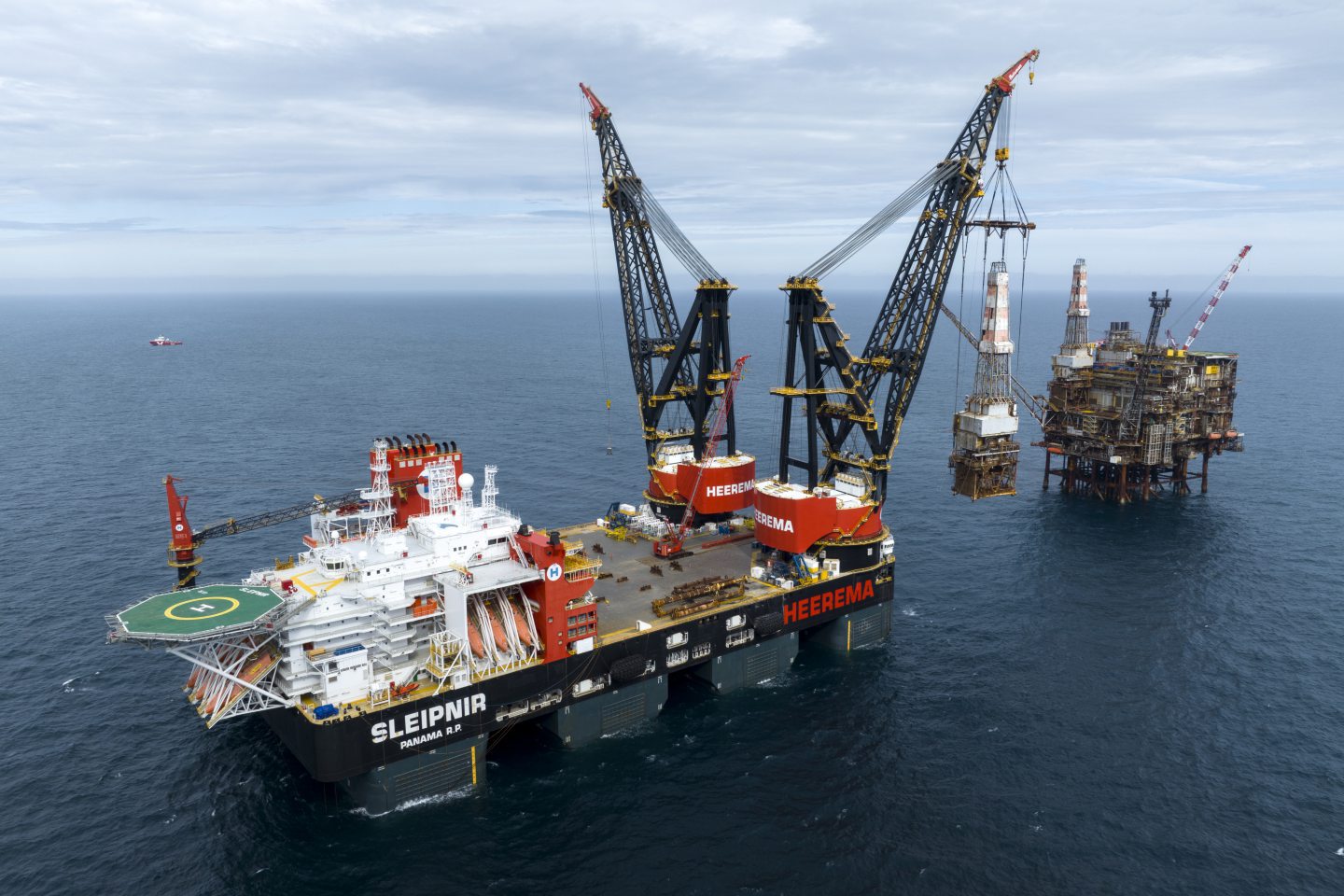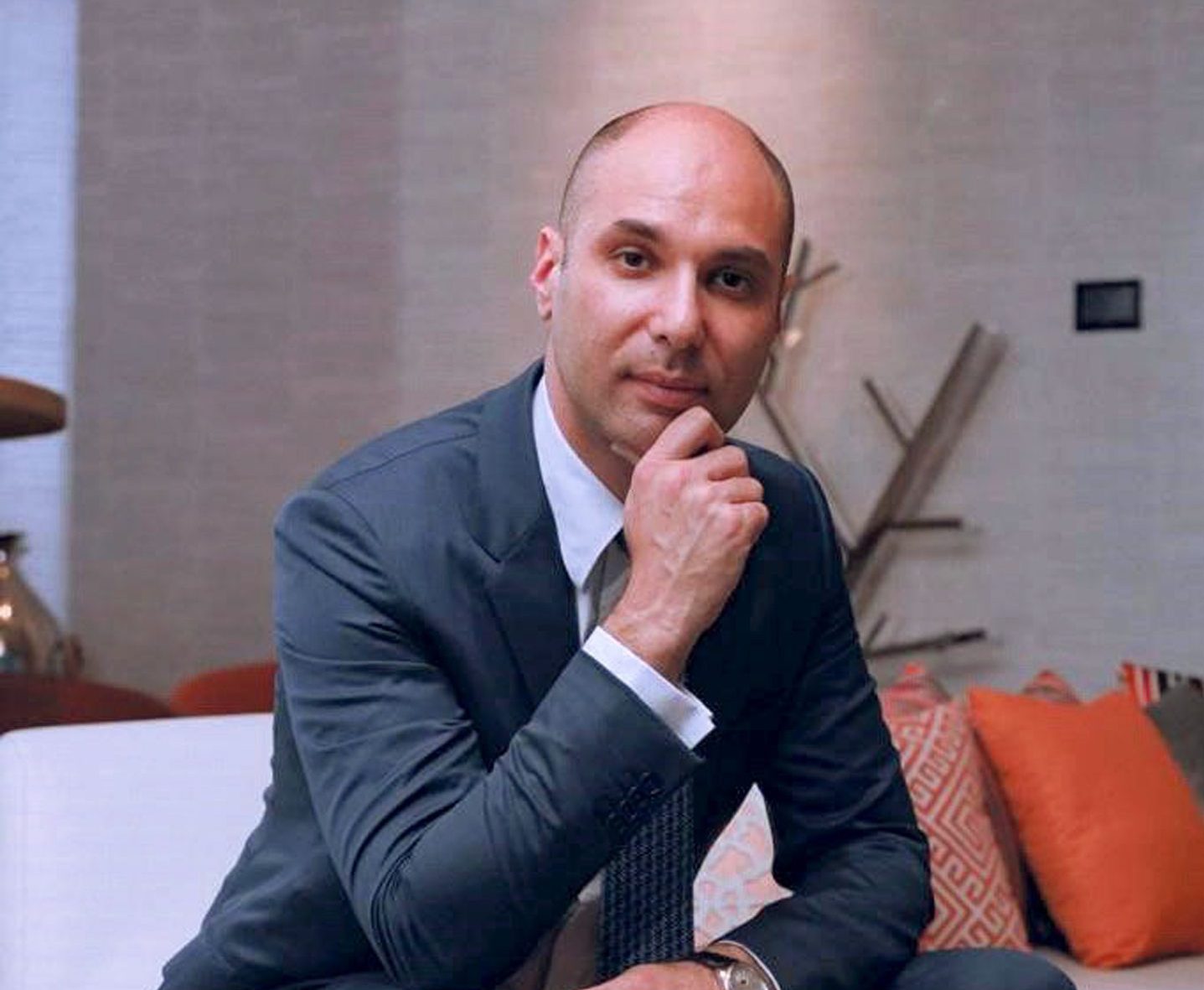
A UK court has dismissed a case against a subsidiary of North Sea oil producer Viaro Energy relating to decommissioning costs for the Brae field.
On Friday 6 December, the High Court dismissed the case brought against Viaro subsidiary RockRose by former joint venture partners Taqa Bratani and Spirit Energy.
TAQA and Spirit claimed Viaro subsidiary RockRose Energy failed to pay £110 million for its share of the decom costs for Brae.
RockRose became the operator of the Greater Brae Area (GBA) in 2019 after it took over Marathon Oil’s UK business.
However, Abu Dhabi emirate-backed TAQA assumed operatorship just six months later, after joint venture partners raised concerns about RockRose’s ability to run the assets.
TAQA clamed that, instead of paying the £110m it owed for Brae, RockRose declared an $84m (£66m) dividend from the joint venture firm UKCS8, before later selling its stake to Fujairah Oil and Gas for $1.
Fujairah, backed by its namesake emirate in the UAE, subsequently defaulted on its decom liability for Brae in 2021.
TAQA later said the default had raised its own liability costs by more than $350m (£274m).
Court rules Brae sale ‘legitimate’
In the ruling, High Court judge Mrs Justice Dias ruled in favour of Viaro, RockRose and Fujairah and found the sale of Brae was “agreed for a legitimate commercial purpose”.
The court found Viaro agreed the sale to “break the deadlock” in its dispute over operatorship with TAQA.
“The transaction was not conceived or executed with the intention or purpose of prejudicing UKCS8 or its creditors and the dividend was declared for no other reason than that it was a necessary adjunct to that sale,” Mrs Justice Dias said.
The judge found Viaro chief executive Francesco Mazzagatti and chief financial officer Francesco Dixit Dominus worked to avoid UKCS8 defaulting on its obligations under the JV agreement, even offering to buy out TAQA’s share in Brae.
However, the court decided TAQA intended to accelerate cessation of production (COP) of the Brae assets.
“Even before Viaro’s acquisition of Rockrose, it is clear that TAQA had no interest in extending the life of the fields but wanted to accelerate COP with no further investment – motivated in large part by a desire to reduce its decommissioning liabilities across the North Sea by aligning them in a co-ordinated programme,” Mrs Justice Dias said.
Viaro ‘vindicated’ by ruling
The judge considered Mazzagatti to be “nothing if not an astute businessman” in the way he handled the dispute with TAQA and Spirit.
“As a new player in the market without a proven track record and one whose arrival was greeted with some scepticism, it is inherently unlikely that he and Mr Dixit Dominus would have embarked on a course of conduct which could only have served to cast doubt on their bona fides and made their continued presence much more difficult to sustain successfully,” she said.
“It would have been one thing if Rockrose had extracted UKSC8’s cash and then exited the market altogether but that is not this case.
“On the contrary, Rockrose has shown that it was in for the long haul and has not only stayed in the market but has consolidated and grown its interests.”
Overall, Mrs Justice Dias said Mazzagatti was “obviously a highly successful businessman with an entrepreneurial mindset who was willing to take risks”.
In a statement, Mazzagatti welcomed the High Court decision and said Viaro’s “long-standing position has been vindicated” by the ruling.
“I have always placed my trust in the fairness and impartiality of the English legal system, and I am very pleased with the outcome,” he said.
“There was absolutely no basis for these claims and the court has firmly agreed.”
In response to questions from Energy Voice, a spokesperson for TAQA said: “TAQA notes the decision of the High Court; however, we remain confident of the reasons and basis for our UK subsidiary, TAQA Bratani, to have issued these claims.
“In consultation with its legal teams, TAQA Bratani will be carefully considering the next steps it wishes to pursue, which includes whether any appeal(s) will be applied for.
“We have no further comment at this time.”
A spokesperson for Spirit Energy declined to comment further.
Mazzagatti and Viaro legal battles
Elsewhere, Mazzagatti and Dixit Dominus are also involved in a separate ongoing legal dispute involving Singapore-based Alliance Petrochemical Investments (API).
API has accused Mazzagatti and Dixit Dominus of forging documents and being involved in the misappropriation of at least €143.8 million (£120m).
Mazzagatti, who was previously chief executive of API, denied the allegations and claimed they are part of a “vexatious campaign and attack against him”.
The Viaro chief also denies claims made in the lawsuit he is “subject to any inquiry or scrutiny by authorities” as a result of any dealings with a sanctioned Iranian firm.
Mehr Petrochemical Company (MHPC), an Iran-based distributor associated with API, is subject to US sanctions over its links to the Iranian government.
The Financial Times reported that the lawsuit alleges Mazzagatti may have “used at least part of the misappropriated funds to acquire a majority share” in RockRose.
However, the final judgement in the TAQA trial confirmed Viaro’s acquisition was majority-funded from its own balance sheet in the form of a loan from RockRose.
Viaro became a significant North Sea player when it acquired the assets of RockRose in a £247 million deal in 2020.
Earlier this year, Viaro announced a deal with Shell UK and Exxon subsidiary Esso to take a 100% stake in 11 Shell-operated offshore assets via RockRose.
Recommended for you

 © Supplied by Brae Alpha Rig 1 rem
© Supplied by Brae Alpha Rig 1 rem © Supplied by Viaro Energy
© Supplied by Viaro Energy